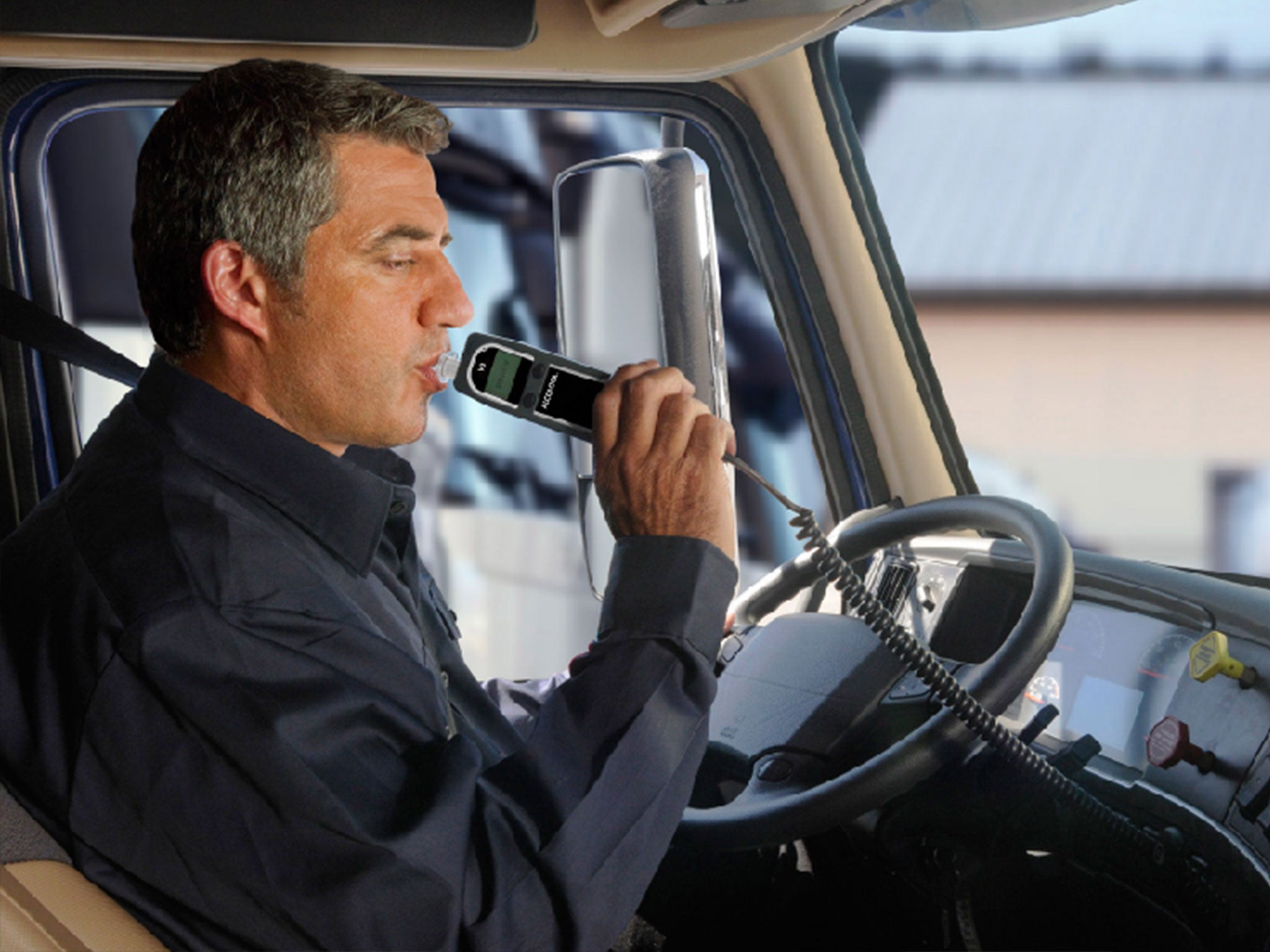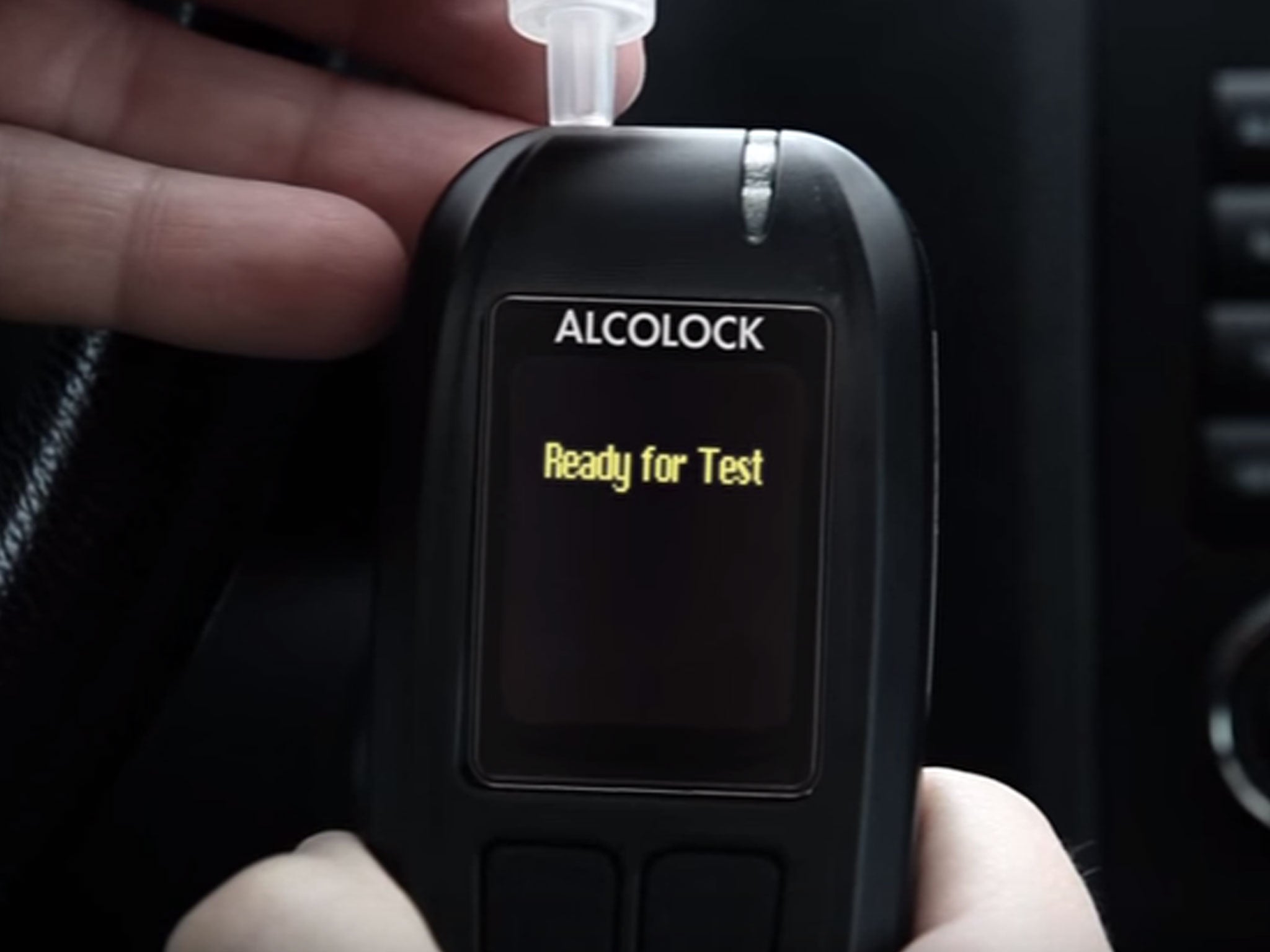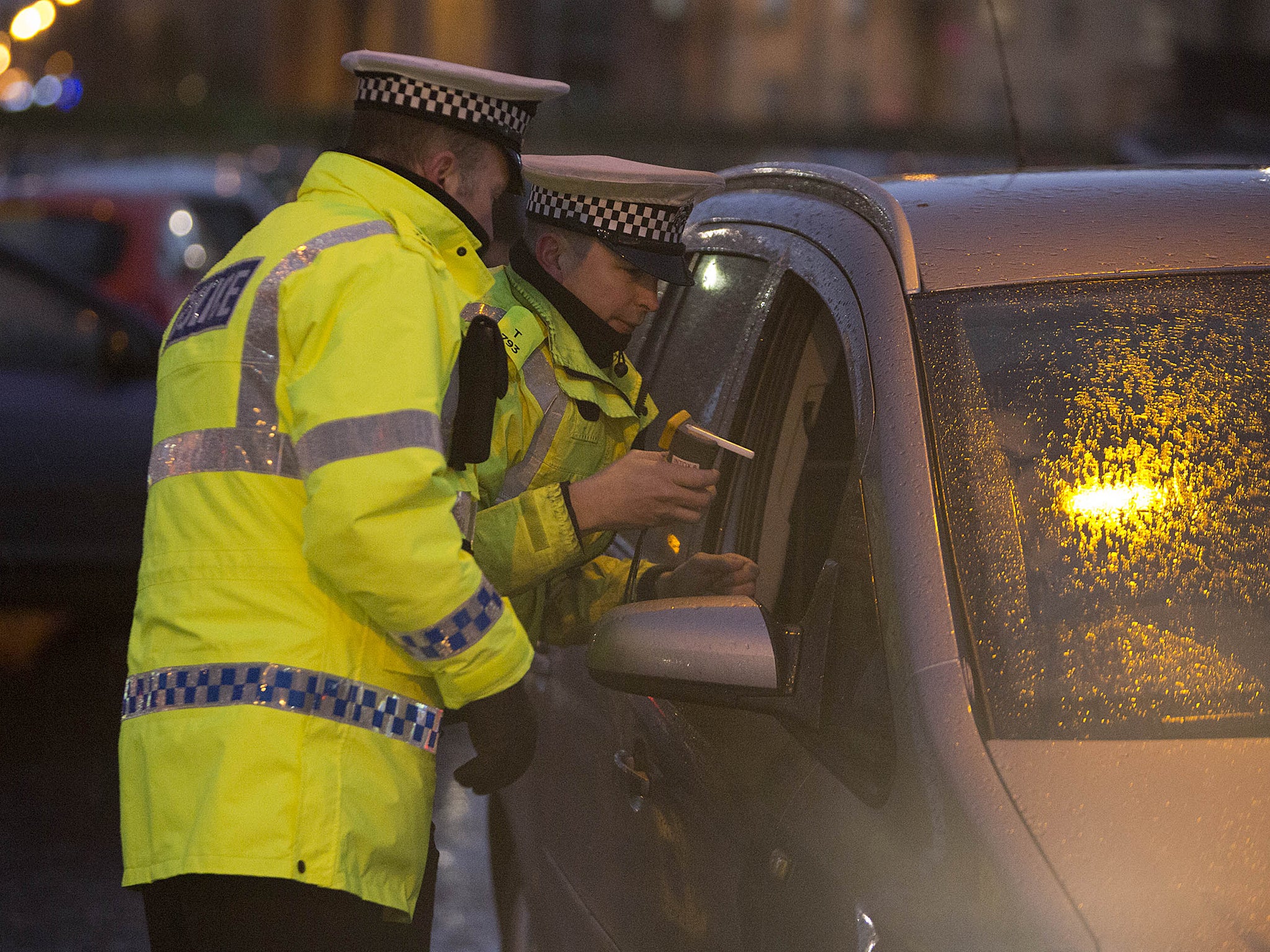EU urged to roll out car breathalyser ‘alcolocks’ stopping drink drivers to cut alcohol-related deaths
Transport safety experts say the technology can reduce road deaths

Your support helps us to tell the story
From reproductive rights to climate change to Big Tech, The Independent is on the ground when the story is developing. Whether it's investigating the financials of Elon Musk's pro-Trump PAC or producing our latest documentary, 'The A Word', which shines a light on the American women fighting for reproductive rights, we know how important it is to parse out the facts from the messaging.
At such a critical moment in US history, we need reporters on the ground. Your donation allows us to keep sending journalists to speak to both sides of the story.
The Independent is trusted by Americans across the entire political spectrum. And unlike many other quality news outlets, we choose not to lock Americans out of our reporting and analysis with paywalls. We believe quality journalism should be available to everyone, paid for by those who can afford it.
Your support makes all the difference.The EU could be poised to back the introduction of a radical new measure to prevent drivers starting their car engine while drunk, in a bid to reduce alcohol-related deaths on Europe’s roads.
So-called alcolocks have received backing from an influential group inside Brussels, with the European Parliament and the Council of the European Union both also said to be supportive of strict new alcohol rules.
Parts of Eastern Europe have some of the highest alcohol consumption rates in the world and up to a quarter of all road deaths on the continent are linked to drink driving.
Alcolocks, or alcohol interlock systems, are automatic systems that require the driver to blow into a breathalyser fitted inside their car.
They can be adjusted to kick in at different limits but generally mean the vehicle can only be started if no alcohol is detected.
The EU is being urged to legislate for their wide-scale use by the European Committee of the Regions (CoR), an advisory body made up of local and regional politicians that has a consultative role in EU policymaking.
The roll-out of alcolocks is being pushed as part of recommendations for the EU to establish a new alcohol strategy and to improve labelling, increase efforts to protect children and target binge-drinking.

CoR says the use of alcolocks should be encouraged “to bring down the number of deaths on Europe's roads”.
If adopted, the measure would most likely be applied to public transport, including school buses, as well as heavy goods vehicles.
A document released by CoR states that the new EU alcohol strategy has the backing of the Council of the European Union and the European Parliament.
A spokesman stressed its latest proposal on alcohol was advisory and that the EU’s alcohol strategy was designed to help national governments take action to reduce alcohol related harm.
But the Council of the European Union will debate road safety at a high-level conference in Malta on 28 March, and a source said the roll out of alcolocks would be one of the topics discussed, raising the prospect that the measure could make its way into official Brussels policy.
Transport safety experts have hailed the technology as a vital component in reducing road deaths.
However, Brexit is likely to preclude Britain from any new strategy to tackle alcohol-related deaths.
The Council of the European Union said it had not yet cast a judgement on the use of alcolocks but a recent document released by the group - which comprises government ministers from each EU country - lists reducing alcohol deaths on Europe’s roads as one of its priorities.
Alcohol-related road deaths vary wildly across the EU and the wide-scale introduction of alcolocks is likely to be welcomed in some countries but resisted in others.

Finland already enjoys strict rules on alcohol and driving, where it is compulsory to test all road users involved in a fatal crash for alcohol.
It was also the first country to legislate on alcolocks, with the device now mandatory in school buses.
In neighbouring Sweden, 28 per cent of drivers killed in traffic collisions in a 2004 survey had alcohol or other drugs in their blood.
But rates are lower elsewhere in Europe, such as in Germany where a recent sample found fewer than 10 per cent of crashes had alcohol as a cause.
Across the continent, around 7,000 road deaths can be attributed to alcohol annually.
But varying levels of alcohol-related road deaths suggest rolling out the policy across the EU could prove problematic.
In the UK, Department for Transport statistics show around 14 per cent of all deaths in road accidents involved a driver over the drink drive limit.
Alcolocks are already fitted on National Express coaches operating in Britain, after the company installed the device on more than 500 of its vehicles following a two-year trial.
It followed the jailing of a National Express driver in 2008 after his coach crashed and overturned on the M1. He was found to be over the limit.
Road safety charity IAM RoadSmart has backed calls for the introduction of alcolocks in the UK.
Director of policy and research Neil Greig said the group would “welcome a large scale trial of alcolocks as a sentencing option for individuals with particular drink related problems”.
But he stopped short of endorsing the compulsory fitting of the device for all drivers.
The European Transport Safety Council – a non-governmental organisation – has also supported the use of alcolocks.
Pilot schemes have been run across Europe, from the Netherlands to Slovenia, with voluntary use of alcolocks in commercial vehicles seen on parts of the continent.
Austria and Ireland are also considering fitting alcolocks to the cars of motorists who are repeatedly caught drink driving.
Join our commenting forum
Join thought-provoking conversations, follow other Independent readers and see their replies
Comments